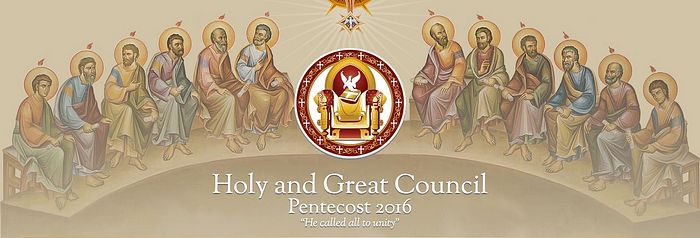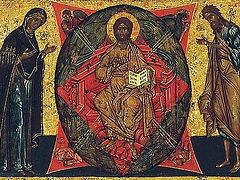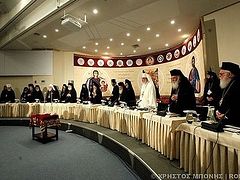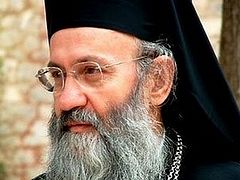Thessaloniki, May 23, 2018
His All-Holiness Ecumenical Patriarch Bartholomew of Constantinople has announced that the minutes of the Holy and Great Council held on the island of Crete in the summer of 2016 will soon be published.
The news came in the form of a message delivered to the 8th International Conference of Orthodox Theology on the theme, “The Holy and Great Council of the Orthodox Church: Orthodox Theology in the 21st century,” currently underway in Thessaloniki, reports the Romanian Orthodox Church’s Basilica News Agency.
The minutes will include the sometimes tense discussions and decisions made during the Council.
“The imminent publication of the minutes of the Holy and Great Council will give all interested persons the opportunity to acquaint themselves with and appreciate the care common to the 10 Autocephalous Orthodox Churches that participated for the realization and fulfilment of the work of the Council in accordance with the will of God, as well as for a deepening of theological discussion and absolute respect for the canonical tradition of the Church,” the patriarch’s message reads.
The large gathering was held in June 2016 on the island of Crete after about 50 years of preparation, bringing together 10 of the 15 Autocephalous Orthodox Churches. The Bulgarian, Georgian, Antiochian, and Russian Orthodox Churches decided not to attend, and the Orthodox Church in America, whose autocephaly the Ecumenical Patriarchate does not recognize, was not invited and thus not represented.
The Synod discussed and released documents on six topics: The Importance of Fasting and Its Observance Today, Autonomy and the Means by Which it is Proclaimed, The Orthodox Diaspora, The Sacrament of Marriage and its Impediments, The Mission of the Orthodox Church in Today’s World, and Relations of the Orthodox Church with the Rest of the Christian World.
Some of the documents have proven to be controversial before, during, and after the Council, and not all were signed by all participants, especially the latter two documents. The Council’s standing in the Orthodox world remains an open question.
The Council also released an Encyclical and an official Message.
Follow us on Facebook!




